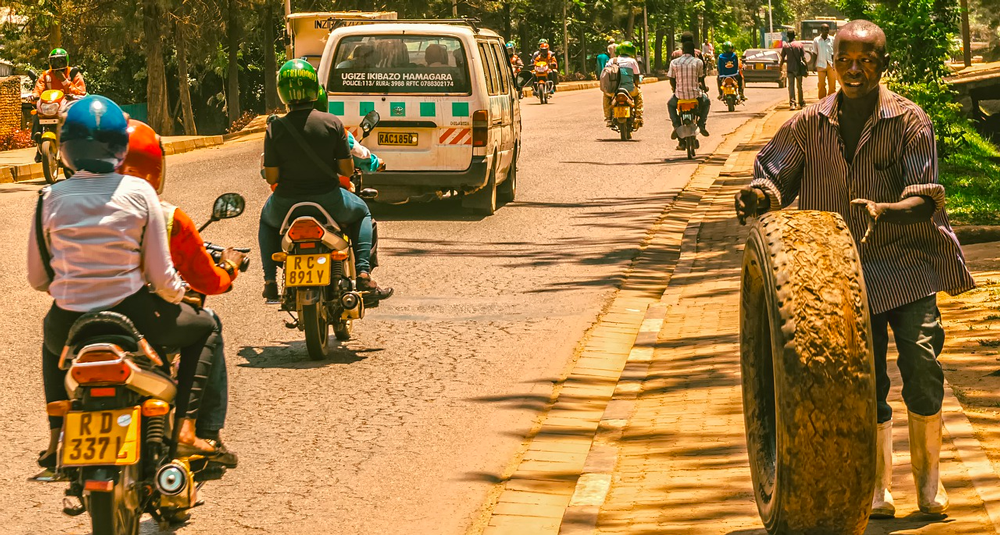What is the capital of Rwanda?
Last Updated:
Kigali, the capital of Rwanda, is the country’s political, economic and cultural center. Located in the heart of East Africa, it is renowned for its cleanliness, security and rapid development, making it a popular destination for travelers and investors alike.
Kigali lies in the center of Rwanda, spread over several green hills typical of the Rwandan landscape. The city is perched at an average altitude of 1,500 meters, offering a temperate climate all year round. This central position facilitates access to the different regions of the country, reinforcing its role as a hub for business and tourism.
Founded in 1908 under German colonial rule, Kigali was originally a small administrative post. It was not until 1962, when Rwanda gained independence, that it was designated as the capital, due to its central geographical position. Since then, Kigali has experienced significant demographic and economic growth, transforming itself into a dynamic metropolis.
According to the census of August 22, 2022, Kigali had a population of around 1,517,168. The population is young and diverse, reflecting the country’s cultural mosaic. The city is divided into three districts, Gasabo, Kicukiro and Nyarugenge, each comprising several sectors and cells.
Kigali is Rwanda’s main economic engine. The city is home to numerous companies, banks and government institutions. In recent years, it has attracted foreign investment, particularly in the IT, hotel and real estate sectors. The Kigali Special Economic Zone (KSEZ) illustrates this dynamic, offering an environment conducive to business and innovation.
The city offers a rich palette of cultural and tourist activities. The Kigali Genocide Memorial is an essential place of remembrance, paying tribute to the victims of the 1994 genocide. The Kimironko market, meanwhile, is a lively place where visitors can discover local crafts and Rwandan gastronomy. Kigali is also renowned for its emerging culinary scene, with restaurants offering a variety of cuisines, reflecting the diversity and creativity of its people.
Kigali benefits from a modern infrastructure, including a well-maintained road network and an international airport facilitating regional and international connections. The city is also served by public transport services, such as buses and cabs, ensuring the mobility of its residents and visitors.
Kigali is often cited as one of the cleanest cities in Africa. This reputation is the result of strict environmental policies, such as the ban on plastic bags and community clean-up initiatives. The city’s urban planning incorporates green spaces, contributing to a pleasant quality of life for its inhabitants.
Despite its many assets, Kigali faces challenges linked to its rapid growth, particularly in terms of housing, waste management and transport. The municipal authorities are implementing urban development plans to meet these challenges, while preserving the city’s identity and heritage.
Kigali embodies the resilience and ambition of modern Rwanda. Combining tradition and modernity, it offers a dynamic and welcoming living environment, reflecting the spirit of a country in full transformation.
You may also be interested in
geography

What is the capital of Rwanda?
Answer
Kigali is the capital of Rwanda, the economic and administrative center of the country. The city was officially designated in reference to the Mount Kigali at the foot of which it stood.